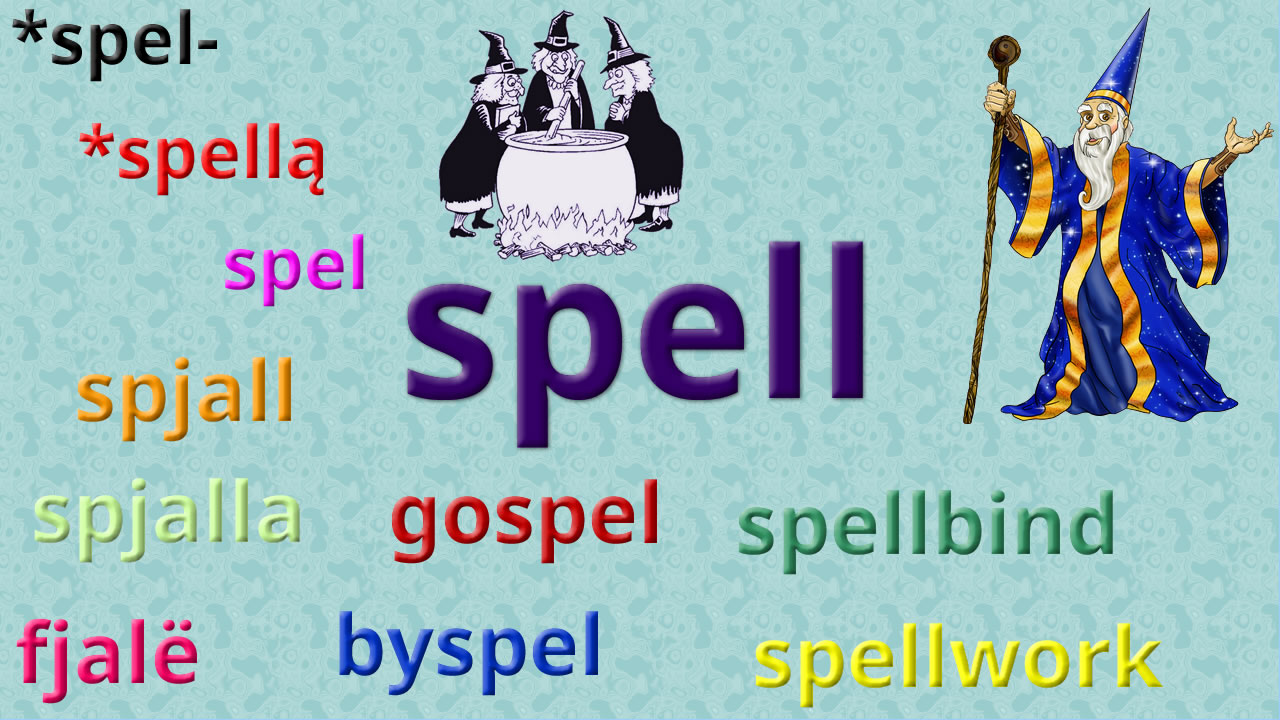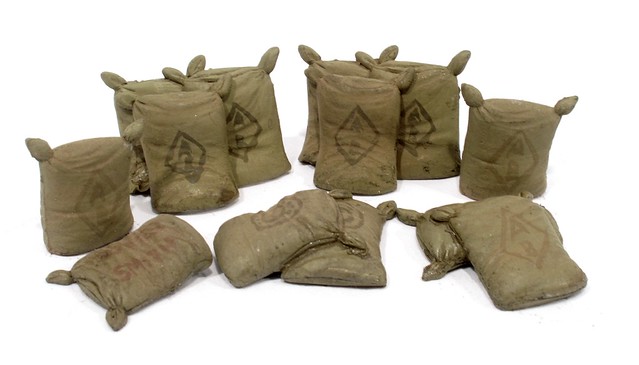Podcast: Play in new window | Download
In this Adventure we find out what connects the words harbinger and harbour.
A harbinger [ˈhɑːbɪndʒə/ˈhɑɹbɪnd͡ʒəɹ] is:
- One that indicates or foreshadows what is to come;
- A person sent in advance of a royal party or army to obtain lodgings for them (obsolete)
Harbinger is used most often in particular phrases: it can be negative, as in a harbinger of doom, or positive, as in a harbinger of Spring [source].
It comes from Middle English herberjour [ˌ(h)ɛrbi(r)ˈd͡ʒuːr] (a host, one who provides accommodation or hospitality, a person sent in advance (of an army) to arrange lodgings), from Old French herbergeor (innkeeper, host), from herbergier (to set up camp, to (take) shelter), via Frankish, from Proto-West-Germanic *harjabergu (army camp, barracks, refuge, shelter), from *hari (army) and *bergu (protection) [source].
Words from the same roots include harbour in English, Herberge (hostel, inn) in German, herberg (inn, lodging) in Dutch, härbärge (a place to stay, homeless shelter) in Swedish, herbergi (room, apartment) in Icelandic, and auberge (hostel) in French [source].
Here’s a video I made of this information:
Video made with Doodly [afflilate link].
I also write about words, etymology and other language-related topics on the Omniglot Blog, and I explore etymological connections between Celtic languages on the Celtiadur.
You can also listen to this podcast on: Apple Podcasts, Amazon Music, Stitcher, TuneIn, Podchaser, PlayerFM or podtail.
If you would like to support this podcast, you can make a donation via PayPal or Patreon, or contribute to Omniglot in other ways.











